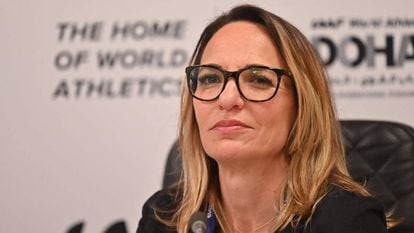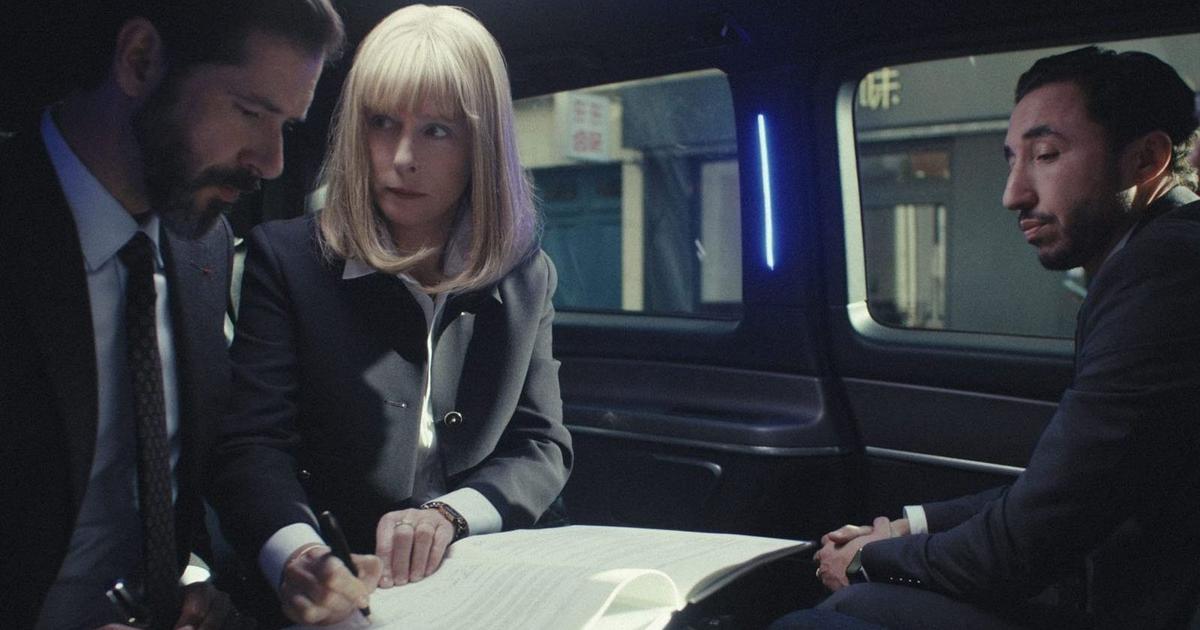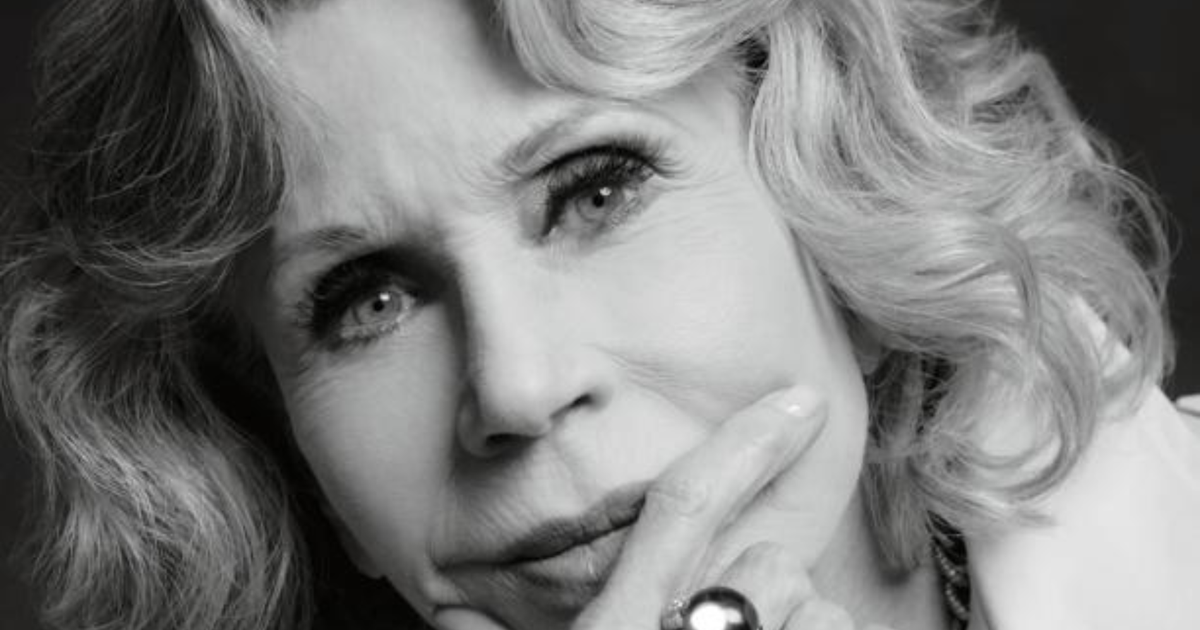Ximena Restrepo, on the day of her election as vice president, at the 2019 Doha World Cups.GIUSEPPE CACACE
She is a pioneer as an athlete, the first Colombian Olympic medalist with her bronze in the 400m in Barcelona 92, which made the myth of Marie José Perec.
She is still, 30 years later, a South American distance record holder and her 49.64s make her the 56th best world woman in history.
She is a pioneer as a leader, the first woman vice president of the international athletics federation (World Athletics, WA).
Ximena Restrepo (Medellín, 1969) is also Chilean and lives in Santiago since she married Chilean shot putter Gert Weil, a giant who threw 20.90m and was sixth in Seoul 88, where they met.
And in Santiago she works as manager of the organizing committee of the Pan American Games (Olympic games of the continent, from Canada to Cape Horn), which will be held in the Chilean capital in 2023. And, above all,
Ask.
Aren't you tired of always having to associate the adjective pioneer with the word woman when talking about social achievements?
Answer.
Yes of course.
And I hope it passes quickly, I hope we stop being pioneers... I'm not that young but I'm not that old either, I'm going to be 53 years old (Thursday, March 10), and it's hard to think that I was the first woman medalist in Colombia, the first woman vice-president of an international federation... I hope that those moments will come when we will simply become a benchmark of normality and that being the first in something will remain in history, not something that is still so present in our society.
P.
Are models still needed, women like you, whose medal in Barcelona 92, I suppose, would open the eyes of the girls of Colombia, who could say, great, if Ximena got it I could too...?
R.
Looking back at the history of my medal, I think so, it was very important, and I feel that way, and they still recognize me and treat me with great affection when I go to Colombia, but I think it was a medal which was so surprising that it did not have the effect of emulation, because two more Olympic Games had to go by for another Colombian woman to win another medal [the cyclist María Luisa Calle, bronze in Athens 2004].
In 1992 it was at a time when the country was very little prepared for that medal, and not even the journalists, the world of sports, were prepared, and the effect that if Ximena could, I can also .
And in athletics, up to 20 years had to pass, until Caterine Ibargüen [triple jumper, silver in London 2012 and gold in Rio 2016], who is from today,
Q.
Does this give you a sense of frustration, then?
R.
I feel that mine was complex because athletics in general comes from a much lower social class, and I did not come from that social class.
And I feel that many girls did not see themselves reflected in me because my situation was very different from theirs.
But, anyway, one is taking small steps and even if they are small, something remains.
But I would have liked to have been able to say, look, after I won the medal all these other athletes have come.
It would have been wonderful, but unfortunately it hasn't.
We have not had that world-class boom
in women
in Colombia .
P.
The social reality of women in the communes of Medellin, for example, is very harsh.
His aspirations do not seem to go through athletics...
R.
But the example is very important, because in Colombia I also believe that we have a privileged race.
There are many black women, wonderful for speed;
many women who live in altitude, in Boyacá, in Cundinamarca... We really have conditions in Colombia so that there are very good women and men in many events and in many sports.
we have many very good biotypes for sport.
And we have to continue working on that, and not only in Colombia, in all of Latin America it is sorely needed for us women to continue pushing.
Q.
Will they be able to open doors?
R.
You have to involve the federations, the Olympic committees, the public authorities... It is very difficult to get there, to know how one does to be an athlete, how one does to be a cyclist.
Many times neither parents nor children know.
You have to reach them in a clearer way, show them the way.
I feel that the part of coaches and trainers is also very deficient.
Coaching schools like yours are needed in Spain.
Here in South America we are always looking to go to Spain to train.
If we don't have good coaches and coaches it will be very difficult.
One cannot get to the top.
P.
Did sport give you a power that you did not dream of when you were a child?
R.
Completely, completely... Thanks to sports, I won a scholarship in the United States, I was able to pursue my career there, I began to travel the world, I began to discover what international sport was... If I hadn't If he had been an athlete, he would surely have studied medicine.
I don't regret it for a second.
Sport opens huge doors, especially when you have good results, when you have talent and you work hard.
And if you have the opportunity to show what you can be, sport opens many doors for you.
P.
Your daughter is also a high-level athlete and four-hundred-year-old, although she is still a few seconds away from her mark.
Do you see much difference between his experience and hers?
R.
I feel that women are much more empowered now than before.
Social networks have also helped.
But sometimes I laugh at some things.
My daughter Martina has a contract with Adidas, they pay her money, they give her, I don't know, how many millions of Chilean pesos in clothes... And I looked at her... I told her, look, Martina, first of all, I never They have given as many clothes as they have given you.
When I won my first contract I had already been sixth in a world championship, and you have not beaten anyone...
Q.
The mother has to demand...
R.
Sure... But how can this be like this?
In Colombia, the state never gave me a single peso for my career.
The state of Chile pays Martina monthly as a salary, as they do in Spain, because she is an elite athlete in the country... And I'm glad.
Things have improved.
In my time it was difficult.
If it hadn't been because my dad paid for my trips, because my dad paid for me, because my dad bought, my dad paid my coach... It was totally a job with the nails because there wasn't much support for us, in South America above all.
But that has improved in all countries.
Martina, for example, now lives in Belgium with her boyfriend and has a Belgian coach, that of the Borlee brothers, she has a way to be there, how to live there, how to study, and all this thanks to the fact that Chile contributes to being able to to be there.
Mine was all private.
Q.
Opportunities multiply...
R.
And also the pressures.
Social networks can play in your favor as they can play against you, too...
P.
Pressures... The problem of mental health in sport seems precisely that it only affects women, or are you more courageous in assuming it, in crying publicly?
R.
I have a position there that may be disruptive.
When you decide to be a high-performance athlete, you know what you're getting into.
It is complex, and it is a bit without crying.
That's why you're there, that's why there are so few too.
It is who can withstand the pressure who gets up there.
I totally agree that one has the opportunity to cry, to say that she is pressured, that she feels bad, and withdraw from a competition.
So it is.
But the high-performance athlete, and that is why he is called a high-performance athlete, has to be able to perform in those moments, in the moment that it is, at the time that it is and when it was his turn.
It is not when one decides.
If that day you woke up bad, well, bad, the moment passed you by.
My medal was on August 6 at 10 at night and I had to be at 100 percent,
and if it wasn't, there will be another one that will be.
Men and women must be given the opportunities, but I keep saying that high performance is without crying, and the same for training... And I don't really agree when they say, it's that it's so sacrificed... It would be more sacrificial to work in a mine I don't know how many hundreds of meters below ground.
That is super sacrificed, but getting up every day to train, on the contrary.
I see it as a gift that I had.
I had a talent and there I had the ability to do it.
For me that was not a sacrifice.
It was an honor for me to be able to do it.
it's just that it's so demanding... It would be more demanding to work in a mine I don't know how many hundreds of meters below ground.
That is super sacrificed, but getting up every day to train, on the contrary.
I see it as a gift that I had.
I had a talent and there I had the ability to do it.
For me that was not a sacrifice.
It was an honor for me to be able to do it.
it's just that it's so demanding... It would be more demanding to work in a mine I don't know how many hundreds of meters below ground.
That is super sacrificed, but getting up every day to train, on the contrary.
I see it as a gift that I had.
I had a talent and there I had the ability to do it.
For me that was not a sacrifice.
It was an honor for me to be able to do it.
P.
Did you never suffer the pressure?
R.
I vomited before competing because of the nerves I had, the pressure I had... We're not talking about it being easy for me.
I would have liked to have enjoyed it more, like Caterine Ibargüen, who leaves and laughs and pushes him happily.
I was so nervous that I couldn't even look at the camera when they focused on me, but I took it that way: this is for tough, you have to be tough.
It is so.
Life tests you and high performance is constantly testing you.
But the moment you can't be there, like Simone Biles did, you have to say, you know what, I'm not in the moment, it'll be another day, and have those chances to blow off some steam.
But high performance is merciless, merciless.
So it is.
P.
If you didn't think like that, would you have been able to face athletes like the legendary Marie José Perec in the final in Barcelona and come down from 50 on the return to the track...?
R.
Fear gives us all, but the issue is to face it.
One does not have to feel bad for feeling that she is a coward.
No... I felt like a coward, but when it came to putting on my heels, I had to say, well, here I am, I have to go out and give what I can and run with what I have... That's how sport is.
There are good times and times when you are more fragile and you have to give men and women the opportunity that in those moments of fragility there are spaces to let off steam and be able to recharge.
P.
How do you lead the fight for equality from the leadership of a sport with a tradition as masculine as athletics?
A.
I really thank World Athletics and its president, Sebastian Coe, for opening the space to women, and their aspiration that the Council be 50-50 parity, and right now we are a little more than 30%, It is extremely important because through our and our work for gender equality, so that there are more female coaches, who enjoy an extremely reduced space, or judges, commissioners, they are minorities... And the presidents of the more than 200 federations nationals are the complete minority... I am in the gender equity group, and we are really training women, with courses, with quotas...
Q.
Do you defend quotas?
A.
Quotas are not ideal, but they are a way to push women to leave and then not even have to think about it.
Few understand that women until not so long ago had to fight for the right to vote, and they say, what a strange thing because they already see it as normal, and I would like the time to come when being 50-50 was not an imposition but something that happens because it is so, because it is normal... And WA is going there empowering women, making women visible and, above all, knowing that women are not going to inherit those positions if we do not have the support of the men...
Q.
That sounds like dependency, doesn't it?
R.
I am a believer that we have to work together.
Men and women are better together, we complement each other, and it is important that men assimilate this because they are also raised differently... We must show them the importance and benefits of having women in directories, women as judges, because we also give a different vision of things... That is very important, that men do not see us women as rivals, that they see us as their peers and as a complement to help things be better.
And in WA we invite men to our meetings, and we keep them informed all the time so that this is not a battle in which we have to elbow each other, because if it is elbowing, the men will always win... We have to put sanity, to give a feminine vision of things,
Q.
Competitive sport was born as a purely male field.
R.
But now, fortunately, on the court it is even.
In my time, women did not pole vault, triple jump, or 400m hurdles... And now it makes us laugh to think about it... Women have been opening spaces and we have to continue opening them, and WA is totally committed to that and in many ways ways.
Media, campaigns… Women are increasingly present.
You can follow EL PAÍS DEPORTES on
and
, or sign up here to receive
our weekly newsletter
.



/cloudfront-eu-central-1.images.arcpublishing.com/prisa/K3WTDWC7UBAPPI554H3BSRMRAQ.jpg)





/cloudfront-eu-central-1.images.arcpublishing.com/prisa/56U4ECEFCRDAFOPWRKT642I7WI.jpg)

/cloudfront-eu-central-1.images.arcpublishing.com/prisa/S7UVDTX7DREC7DXVCZN6MEKGBY.jpg)



